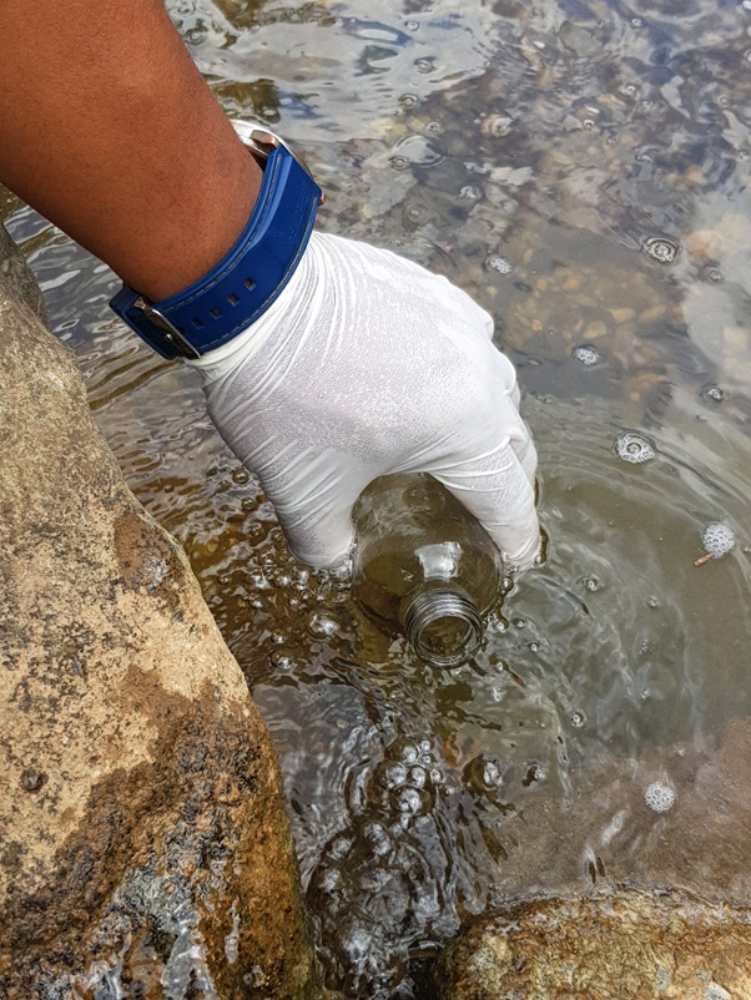4 February 2021 Media Release: Eradication of illegal dumping campaign in George extended to end of March 2021
Media Release: Eradication of illegal dumping campaign in George extended to end of March 2021
For immediate release
4 February 2021
With the roll-out of the Illegal Dumping Project in George last year and the various phases that have been implemented so far, the timeframe of the project has now been extended to the end of March 2021, according to Morton Hubbe, Garden Route District Waste Manager.
The Illegal Dumping Project is a joint initiative between Garden Route District Municipality (GRDM) and George Municipality in the fight against the illegal dumping of waste in the George and surrounding areas. The project was launched in Thembalethu and Pacaltsdorp during October last year, however the financial assistance by GRDM to George Municipality for the renting of machines to remove the waste has ended on 30 November 2021. George Municipality subsequently decided to continue with the renting of machines at their own cost.

With the funds made available to George Municipality, Hubbe said: “Nine skips were placed at various spots within the Thembalethu and Pacaltsdorp areas and are rotated to other illegal dumping hotspots within these two areas”.
George Municipality is already in the process to secure more funds in order for the project to continue to achieve the desired outcomes.
Deployment of EPWP workers
In addition to the project, two teams of thirty Expanded Public Works Programme (EPWP) workers are working in both areas to clean-up illegal dumping hotspots throughout these areas. Various items are then placed into nearby skips, for removal. So far nearly 2700 tons of illegally dumped items have been removed with JCBs and Tipper Trucks in both areas.
Awareness about illegal dumping
One of the components of the project, is to create awareness about illegal dumping in the most effected areas. For this purpose, 36 educators were appointed to conduct door-to-door sessions in the respective areas. Households reached also have an opportunity to complete a survey regarding the issue at hand. Questions focus specifically on personal experience in relation to waste removal in their specific areas, the reporting of illegal dumping to the local municipality etc. To date, two thousand (2000) households have been visited and the more are expected to follow. These visits will be conducted until the end of March this year.
Waste burned in Skips
Although the skips are placed at identified hotspots, it has come under the attention of the both municipalities that people within these areas are burning their waste in the skips. This is an unacceptable behaviour and residents are requested to directly report these incidents to the Law Enforcement Unit of George Municipality at 044-801 6350 or sprins@george.gov.za. The skips are only used for the purpose to dump waste and efficient plans to remove full bins are in place.
END


















